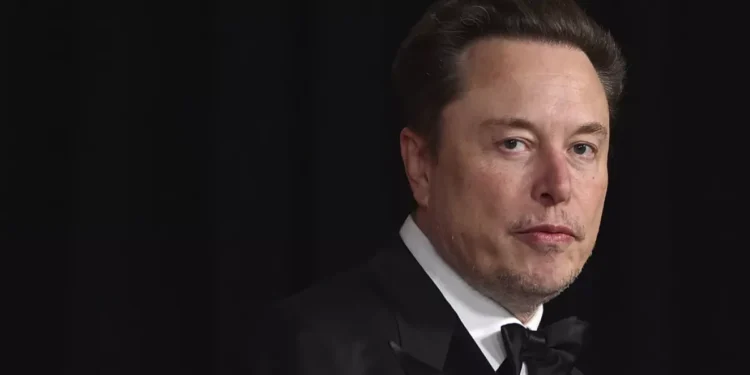Elon Musk has been accused of hypocrisy for publicly defying the EU’s demands that he comply with the Digital Safety Act, while also flagging or removing posts that fall foul of the new DSA rules. Nevertheless, says Thomas Fazi in UnHerd, at least Musk is drawing attention to the EU’s censorship programme.
Complying with these requests is often the only way that the company can continue to operate — and at least Musk, unlike the other major platform owners, has brought online censorship into the open. The publication of the groundbreaking Twitter Files, remember, revealed the shocking level of collusion between the US administration and social media companies.
More to the point, though, X, despite the censorship, remains the only platform where information is allowed to flow relatively freely. Indeed, it remains the single biggest threat to the establishment’s desire for full-spectrum information control — and that is why they are coming down on it so hard. But one man, no matter how rich or powerful, cannot be expected to single-handedly stand up to some of the most powerful governments in the world — let alone to the European Union, the world’s most influential supranational institution.
There’s also another factor to consider. The global attack on free speech isn’t just the whim of out-of-control, power-hungry politicians and bureaucrats. It’s a systemic problem that relates to the structural decay of liberal-democratic institutions, particularly in the West. As our societies degenerate into de facto oligarchies controlled by increasingly delegitimised political-economic elites, this manipulation of public opinion — not only through propaganda delivered via traditional mass media channels but also, increasingly, by policing and micromanaging the public conversation taking place on social media platforms — has come to be seen as an imperative for keeping the status quo safe from the threat of democracy. This is compounded by the growing militarisation of the geopolitical context, which requires an even more compliant populace given its political and economic consequences.
It’s no coincidence that the censorship-industrial complex started emerging in the second half of the 2010s. This was the time when the West was rocked by an unprecedented “populist” backlash against globalisation and the neoliberal order — Trump, Brexit, the Yellow Vests, and the rise of Eurosceptic parties and movements across Europe.
It was also when the path of future confrontation with Russia was being laid in Ukraine — and when Nato started developing the hybrid or cognitive warfare doctrine, which conceptualises the management of Western public opinion as an integral part of warfare. As Jens Stoltenberg, Nato’s former Secretary General, put it in 2019: “Nato must remain prepared for both conventional and hybrid threats: from tanks to tweets.”
The Covid-19 pandemic, which saw the first mass deployment of online censorship, bought Western elites some time. But not for long. Today, a “populist” backlash is once again engulfing the West: Right-populist parties are surging across Europe, and Trump is on course to winning the next US election. Meanwhile, escalating tensions in Ukraine have detonated into a no-longer-so-proxy war between Nato and Russia. From the perspective of Western elites, this all calls for a doubling down on the censorship regime, with a major difference: online censorship used to occur behind closed doors, extra-legally and in a context of plausible deniability of behalf of governments; today it is being institutionalised and constitutionalised through tools such as the Digital Services.
Worth reading in full.













To join in with the discussion please make a donation to The Daily Sceptic.
Profanity and abuse will be removed and may lead to a permanent ban.